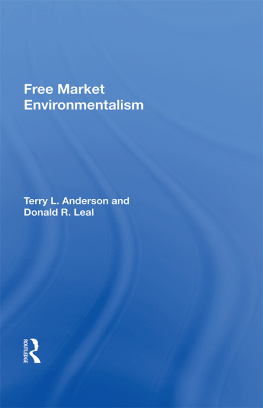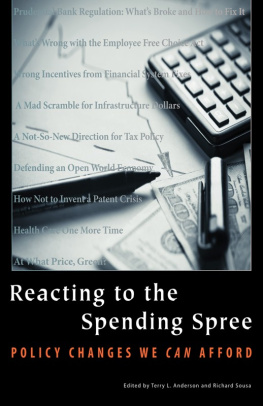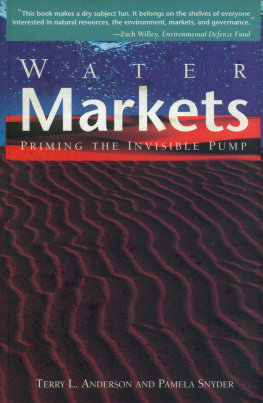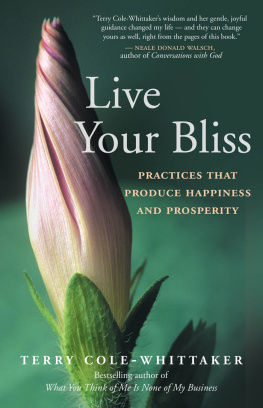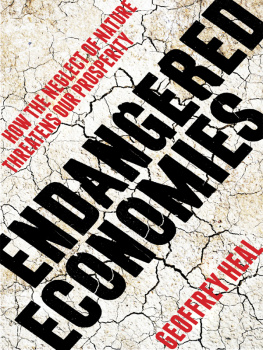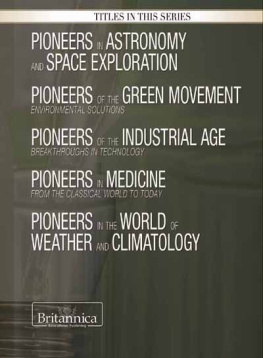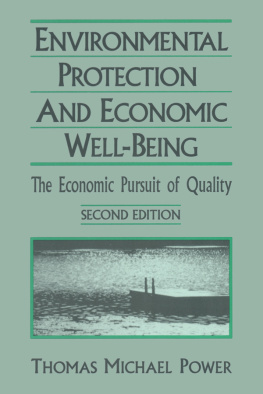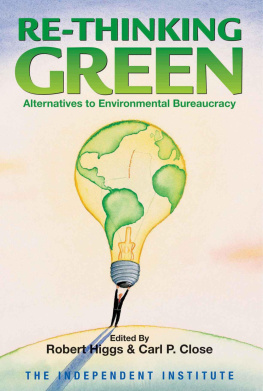The Hoover Institution on War, Revolution and Peace, founded at Stanford University in 1919 by Herbert Hoover, who went on to become the thirty-first president of the United States, is an interdisciplinary research center for advanced study on domestic and international affairs. The views expressed in its publications are entirely those of the authors and do not necessarily reflect the views of the staff, officers, or Board of Overseers of the Hoover Institution.
www.hoover.org
Hoover Institution Press Publication No. 525
Copyright 2004 by the Board of Trustees of the
Leland Stanford Junior University
All rights reserved. No part of this publication may be reproduced, stored in a retrieval system, or transmitted in any form or by any means, electronic, mechanical, photocopying, recording, or otherwise, without written permission of the publisher.
First printing 2004
10 09 08 07 06 05 04 9 8 7 6 5 4 3 2 1
Manufactured in the United States of America
The paper used in this publication meets the minimum requirements of American National Standard for Information SciencesPermanence of Paper for Printed Library Materials, ANSI Z39.48-1992.

Library of Congress Cataloging-in-Publication Data
You have to admit it's getting better : from economic prosperity to environmental quality / edited by Terry L. Anderson.
p. cm. (Hoover Institution Press publication ; no. 525)
Includes bibliographical references and index.
ISBN 0-8179-4482-6 (alk. paper)
1. Sustainable development. 2. Economic policy. 3. Free enterprise. 4. Right of property. 5. PopulationEconomic aspects.
I. Anderson, Terry Lee, 1946 II. Series.
HD75.6.Y677 2004
338.927dc22 2004003189
ISBN 978-0-8179-4483-4 (electronic)
Tables and Figures
Tables
Figures
Acknowledgments
I first started reading Julian Simon's work in the 1980s and had the good fortune of meeting him at a conference sponsored by PERC, the Property and Environment Research Center, in the late 1980s. One might infer from his writings that he was a heartless economist interested only in debunking environmental myths and measuring economic scarcity. But nothing could be farther from reality. Julian Simon was a kind, gentle man who cared deeply about humanity and the individuals who comprise it. We all owe a debt of thanks to him for his unabiding faith in human beings as the ultimate resource.
We also owe a debt of gratitude to Bjrn Lomborg for resurrecting the Simon tradition even if his original intent was to show how Simon was wrong. Unlike so many scholars, Lomborg is a true scientist, willing to test his hypotheses against the data and reject them if they prove to be false. Like Simon, Lomborg cares about humanity and the environment in which it lives. Also like Simon, Lomborg's optimism is contagious.
After Simon passed away, my colleagues and I at PERC were concerned that the tradition of his scholarship might not be maintained. To encourage this scholarship, we approached the D & D Foundation for support of Julian Simon fellowships at PERC. Through support from the D&D Foundation, PERC has enjoyed hosting Julian Simon Fellows since 2000. The scholarship of five of those fellowsB. Delworth Gardner, Indur M. Goklany, Robert E. McCormick, Seth W. Norton, and Bruce Yandleis featured in this volume. Without the D & D Foundation's investment in this scholarship, these ideas would not have been nurtured.
The Hoover Institution, where I am privileged to be a senior fellow, plays an important role in fostering these ideas. The institution produces ideas defining a free society, and this volume is offered in that tradition. John Raisian, director, fosters an environment for scholars to conduct research and publish their findings, and without his support I could not have pursued this project. Marty and Illie Anderson have provided financial support for my position as the Marty and Illie Anderson Senior Fellow. As readers of this volume will note, property rights and the rule of law are indispensable to environmental quality. The Hoover Institution's property rights initiative, support by Peter and Kirsten Bedford, has raised our awareness of this link.
I personally owe a debt of gratitude to the authors of this volume, who have put up with my tardiness in bringing the publication to print, to my assistant at PERC, Michelle Johnson, who has made me more efficient than I would otherwise be. These are the really important members of the team that made this volume possible.
Contributors
Terry L. Anderson is the Martin and Illie Anderson Senior Fellow at the Hoover Institution, Stanford University, and the executive director of PERCthe Property and Environment Research Center, in Bozeman, Montana.
Madhusudan Bhattarai is a postdoctoral economist at the International Water Management Institute in Colombo, Sri Lanka.
B. Delworth Gardner is professor emeritus of economics at Brigham Young University; professor emeritus of agricultural economics at the University of California, Davis; and a 2002 PERC Julian Simon Fellow.
Indur M. Goklany was PERC's 2000 Julian Simon Fellow. He holds a Ph.D. in electrical engineering and has more than twenty-five years experience addressing science and policy aspects of environmental and natural resource policy issues in state and federal government and in the private sector. He was formerly chief of the technical assessment division of the National Commission on Air Quality and a consultant in the Office of Policy, Planning, and Evaluation at the U.S. Environmental Protection Agency.
Bjrn Lomborg is director of the Institut for Miljvurdering/Environmental Assessment Institute in Copenhagen, Denmark.
Robert E. McCormick is professor and BB&T Scholar in the John E. Walker department of economics at Clemson University and a senior associate at PERC.
Seth W. Norton is Aldeen Professor of Business at Wheaton College and a 2001 PERC Julian Simon Fellow. He holds a B.A. in history from Northwestern University and an M.B.A. in finance and a Ph.D. in economics from the University of Chicago.
Maya Vijayaraghavan is an economist with the Global Measles Branch, Global Immunization Division, National Immunization Program at the Centers for Disease Control and Prevention.
Bruce Yandle is professor emeritus of economics at Clemson University and a PERC senior associate.
Introduction
Property Rights and Sustainable Development
Terry L. Anderson
Terry L. Anderson is the executive director of PERCthe Property and Environmental Research Center, a think tank focusing on market solutions to environmental problems; a senior fellow at the Hoover Institution, Stanford University; and professor emeritus at Montana State University.
PIONEERING WORK BY the late Julian Simon brought the simple concept of scarcity to the forefront of environmental debates and focused attention on prices as an objective measure of that scarcity. His debates with environmentalists, policy analysts, and scientists were legendary because he challenged them to provide data to support their conclusions that the plight of human beings and the natural environment in which they live were getting worse.
Bjrn Lomborg rose to Simon's challenge and rejuvenated the debate over whether gloom-and-doom environmental predictions are supported by the evidence. As a statistician, Lomborg took seriously his job of testing the hypotheses that resources are becoming more scarce and the environment is getting worse. As he explains in the introduction to his book, he set out to show that Simon's optimistic conclusions were wrong and the belief that we have not been running out of natural resources was wrong, but instead concluded that children born todayin both the industrialized world and developing countrieswill live longer and be healthier, they will get more food, a better education, a higher standard of living, more leisure time, and far more possibilitieswithout the global environment being destroyed. And that is a beautiful world (Lomborg 2001, 352).



